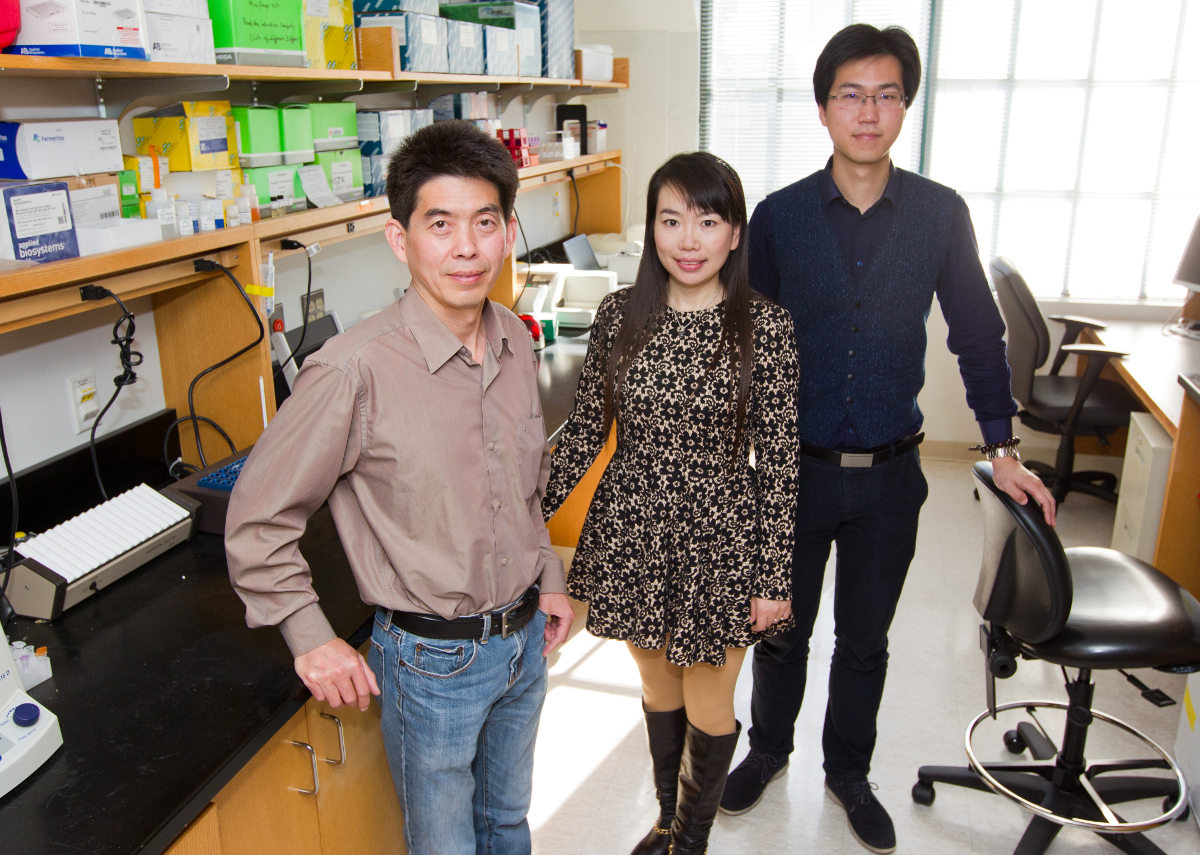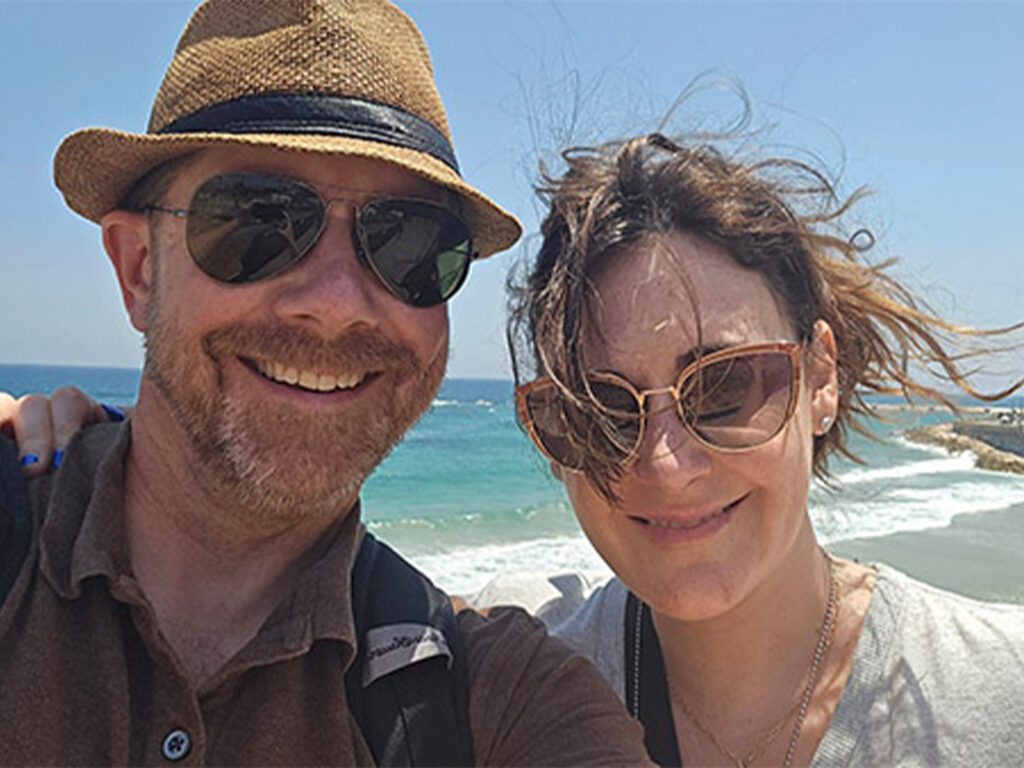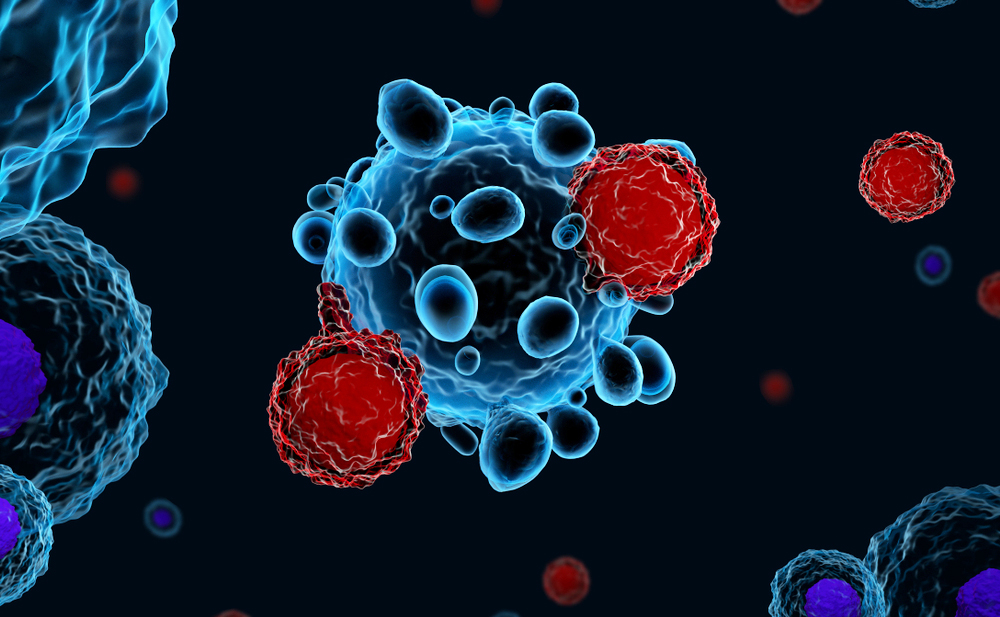Huabiao Chen, PhD, is looking for combination therapies that will lead to cancer cures.
Dr. Chen, who spent several years working at the Ragon Institute of MGH, MIT and Harvard investigating strategies for preventing or curing HIV, is now applying his understanding of the way infectious diseases develop to understanding how certain cancers develop at the Vaccine and Immunotherapy Center (VIC) at Massachusetts General Hospital.
“I believe the human immune system has the ability to recognize and kill disease.”
“I believe the human immune system has the ability to recognize and kill disease,” says Dr. Chen. “Like HIV, cancer cells adapt and escape detection by the body’s defense system. My research focuses on exploring protective immuno-mechanisms that might regroup to combat cancer.”
Powering Up the Immune System
VIC is a research center dedicated to accelerating the development of broadly applicable vaccines and immunotherapies for infectious diseases, cancer and type 1 diabetes. VIC takes an entrepreneurial approach to research, offering project management support, as well as benchmarks for project advancement. Over the past nine years, VIC has developed seven products within its pipeline and partnered three products with pharmaceutical industry and US government agencies. VIC scientists rely on philanthropic support to move the most promising ideas forward in their early stages.
Over the past year, Dr. Chen has focused his research on solid tumors, especially ovarian cancer and mesothelioma, since Jeffrey Gelfand, MD, and Mark Poznansky, MD, PhD, patented a protein product called VIC 009 that can be injected as a vaccine. Solid tumors create their own microenvironment and reduce immune responses, but by modifying the protein Dr. Chen has improved its effectiveness. Animal model testing has shown a 20-50 percent reduction in tumor growth over the original protein.

Slowing Cancer Tumor Growth
“The results have been very encouraging,” Dr. Chen says, “but while we are making progress in slowing tumor growth and prolonging survival, we are not yet achieving tumor remission and maximum survival. We are hoping that by combining the VIC 009 vaccine with other available biologics, we can reach our goal of complete tumor remission and maximum survival.”
Dr. Chen’s research on the cellular and molecular level is providing insights into potential combination therapies for a variety of challenging cancers, including mesothelioma, ovarian, head and neck, lung and breast cancers.
“We are hoping to develop an approach that can be used to target many cancers,” he says. “This work started with funding from a Department of Defense grant related to mesothelioma, and our findings have been so encouraging, we have been invited to apply for an expansion grant.”
Supportive Team Environment
The advantage to working at VIC, Dr. Chen says, is the environment that has been created to support basic scientists while keeping them connected to the goal of bringing bench work to patients.
“Thanks to the generosity of donors, VIC provides me with the support I need to advance this research.”
“The project management and grant management support is unparalleled,” he says. “Grant funding covers the experiments, but not the time spent designing ahead of time and reporting afterward. Thanks to the generosity of donors, VIC provides me with the support I need to advance this research. As we move forward with our studies, I hope to hire a post-doc to help with the research, which will also provide important data analysis while also creating an educational opportunity.”
Dr. Chen also says the collaborative atmosphere at VIC encourages the sharing of ideas and results.
“It’s essential that we also encourage young researchers with great ideas and provide them with the mentoring that will lead to the next great breakthroughs,” he says. “The generosity of donors makes that possible.”
To learn how you can help such promising research at VIC move forward, please contact us .





